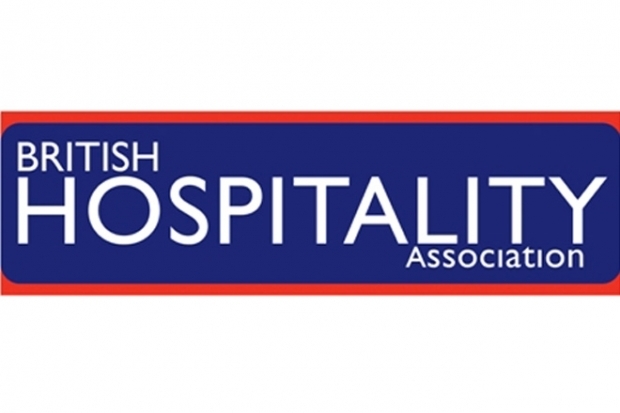The hospitality and tourism sector has welcomed new culture secretary, Sajid Javid, and urged him to help revive Britain’s regional hospitality hotspots following increasing competition from their European rivals. Greater support is needed to drive visitors back to regional towns, says the BHA, as official figures show a stark decline in domestic visitor numbers.
The British Hospitality Association has said that small and medium-sized businesses across the country are under increasing pressure – with the growth in staycations over the last four years threatened by trips abroad again on the rise.
Great Britain Tourism Survey (GBTS) figures reveal domestic trips fell by over 3 million in 2013, while spending fell to £23.3bn, an £682m decline on 2012. The report also revealed that the numbers of Brits choosing to holiday abroad is on the increase.
While London saw a 1.3% rise in domestic trips, six of the eight regions outside of London saw a decrease – with Yorkshire and Humberside, the worst hit area, seeing a decline of 11% on 2012.
Currently, tourism employs 9.6% of the UK workforce and supports a high percentage of employment among young people. The sector contributes £127bn to the economy, according to Oxford Economics/Deloitte, 9% of GDP. It is the UK’s 4th largest service sector.
The BHA is backing a cut in tourism VAT to 5% to bring Britain into line with most European countries and also wants to see a cross-government group created to promote policy fixes across the House of Commons. Tourism is the only British export subject to VAT, which puts it at a distinct disadvantage to Europe.
Ufi Ibrahim, CEO of the British Hospitality Association says: “With a strong economic background Sajid Javid will be highly welcomed as the kind of big hitter the department needs given the challenges ahead. After two years of growth, this decline coincides with countries like Spain, France and Germany stealing a march on the UK. The strong increases by our competitors underline the need for government policy to support improved competitiveness – particularly across the regions.
“The GBTS report rings alarm bells and signals that the hospitality industry and government need to work closely together to help reverse this trend and ensure that the sector can continue to play its part in supporting regional growth and driving youth employment.
“On behalf of the 10% of the population who work in hospitality and tourism businesses up and down the UK, the BHA has been asking the government to focus on creating a coordinated task force to ensure joined up action and thinking for the industry across areas such as jobs and growth, airport and infrastructure, visas, food security, vat and regional marketing.”
Graham Wason, Chair of the Campaign for Reduced Tourism VAT said: “These figures clearly show that as the pound strengthens, our tourism balance of payments will resume its long-steady decline. A reduction in VAT on tourism would increase our competitiveness with Europe, halt this long-term decline and most importantly, add a much-needed boost to regional hotspots that are undervalued by Westminster. Tourism is the only British export subject to VAT, which puts it at a distinct disadvantage to Europe – a disadvantage that is now starting to eat into our prospects for regional growth.”
Let Britain Fly Campaign said: “Now more than ever Britain’s economic competitiveness demands greater international connectivity. If our economy is to flourish in the future it is vital we continue to be one of the best connected countries in the world. This is why we believe Britain remaining Europe’s most important aviation hub is of strategic national importance.”



